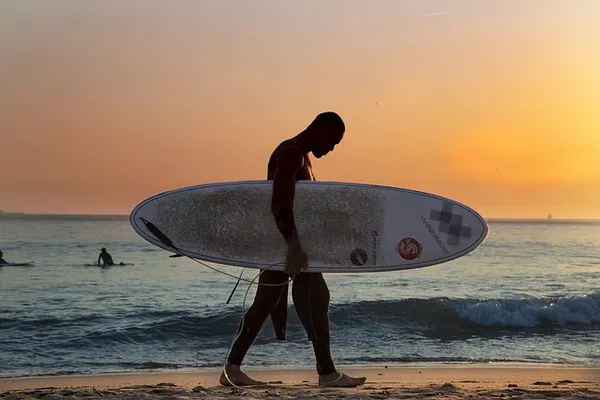The travel habits of the world’s wealthiest often stand apart from the typical vacations most people are used to. In conversations with the affluent, it becomes clear that their vacations are as meticulously planned as their workdays. Every hour is accounted for, whether through high-adrenaline activities, culinary experiences, or cultural excursions.
This packed schedule mirrors their work lives. Many of the wealthy view their leisure time with the same professionalized lens, requiring carefully organized itineraries that yield tangible results, often shared online to bolster their personal brand. A trend has emerged where leisure activities are treated like business, a concept aptly described as “the professionalisation of everyday life” by Philip Hancock, a professor at Essex Business School.
This approach to holidaying is reinforced by the ease with which affluent individuals delegate tasks in both their work and personal lives. As Jaclyn Sienna India, the founder of a members-only travel agency, notes, many of her clients, accustomed to delegating in their business dealings, apply the same practice to their vacations, turning relaxation into another form of achievement.
Yet, not all the wealthy adhere to this “productive holiday” model. For some, true luxury lies in doing as little as possible in the most opulent surroundings. According to Clay Cockrell, founder of Walk and Talk Therapy, which caters to high-net-worth individuals, many wealthy people are mentally exhausted by the constant demands of their lives. For them, retreating to private islands or exclusive resorts, such as Richard Branson’s Necker Island or fly-in centers in Fiji, offers a much-needed break from the relentless pace of their daily lives.
Privacy is another key factor that drives the ultra-rich to isolated holiday destinations. Being surrounded by others within the same wealth bracket allows them to relax without concerns over differences in lifestyle or spending habits. As Cockrell explains, these wealthy enclaves provide comfort and ease, as the inhabitants share similar interests and can afford the same luxuries.
However, some affluent individuals crave more than relaxation; they seek adventure and challenges that push them to their limits. For these thrill-seekers, luxury comes in the form of extreme experiences, such as trekking through remote wildernesses or scaling mountains. Such experiences offer both a physical challenge and the prestige that comes with completing something arduous, whether it’s a multi-day trek across the Atacama Desert or a journey to outer space, à la Jeff Bezos.
A growing trend among the wealthy is holidays with a defined purpose. From touring wineries in California or France to following a favorite sports team across the globe, these vacations satisfy the desires of those who are hyper-focused and driven by clear objectives.
For the middle class, the idea of such holidays may seem foreign, perhaps even a little strange. Years ago, while backpacking in Bali, I was invited to dinner at a luxurious resort by an academic who regularly worked in some of the world’s most remote regions, funded by an American philanthropic foundation. While the resort boasted every amenity imaginable, the academic confided that, despite the luxury, all he longed for was something more normal and relaxed.
Ultimately, whether indulging in high-adrenaline activities, relaxing in remote luxury, or seeking out adventure, the holidays of the wealthy reflect the same traits that define their professional lives: a desire for control, privacy, and, often, status.

